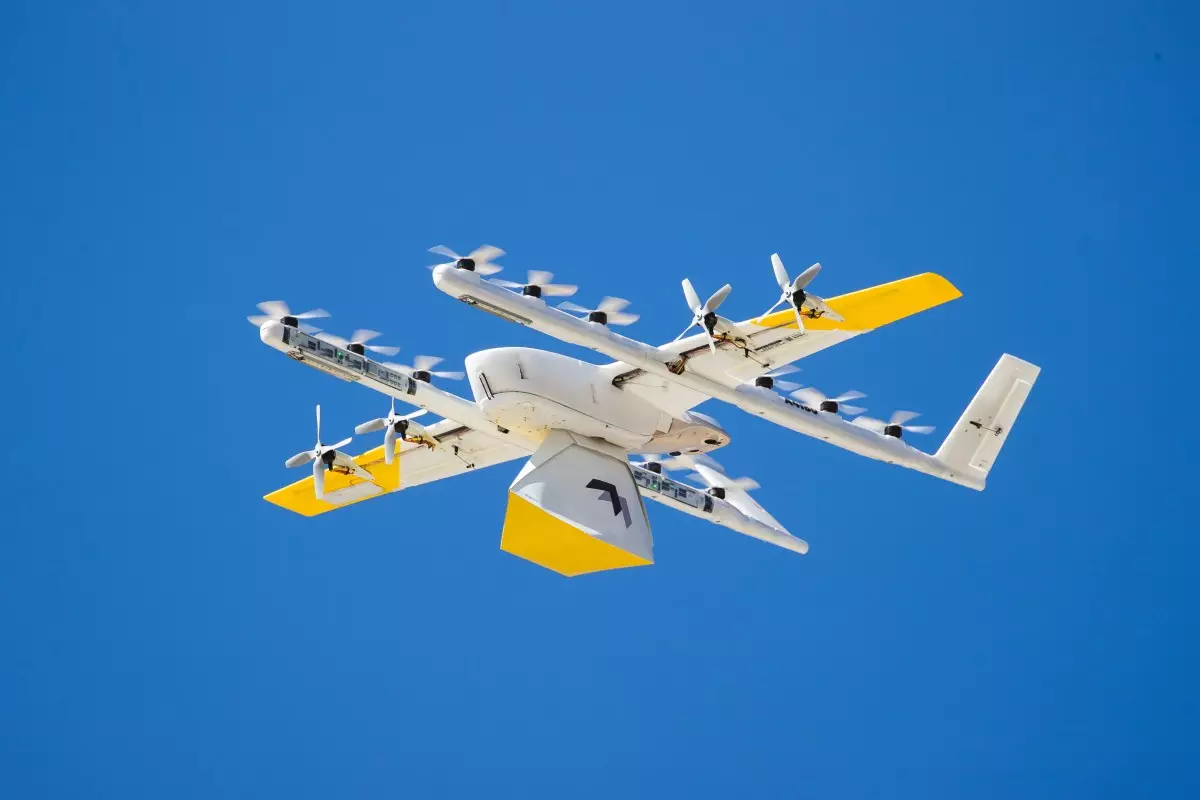In an exciting development for healthcare logistics, a collaborative pilot program has been established in London, integrating cutting-edge drone technology into the critical field of medical transportation. This initiative, spearheaded by U.K. startup Apian in partnership with Alphabet’s drone division Wing and the National Health Service (NHS), aims to expedite the transportation of urgent medical supplies, specifically blood samples, between two key hospitals: Guy’s Hospital and St Thomas’ Hospital. The forward-thinking project is not merely a trial; it represents a significant shift towards what the future of medical logistics could resemble.
This six-month pilot intends to transport blood samples essential for patients facing high risks of complications due to bleeding disorders. Traditionally, such critical deliveries, reliant on ground transportation like vans or motorcycles, experienced delays often exceeding 30 minutes. With the innovative use of drone technology, these same deliveries are expected to take a mere two minutes. This remarkable enhancement in speed could potentially save lives by ensuring that patients receive urgent care more swiftly.
The implementation of this drone system will be closely supervised by the Civil Aviation Authority (CAA), which will manage the relevant airspace and ensure compliance with safety protocols. Given that this pilot could potentially set a precedent for similar drone delivery systems across various medical facilities in London, the implications of its success are significant. Plans for additional trials, including the transportation of blood platelets, are already in the pipeline, underscoring the scalability of this initiative.
Moreover, the pilot program promises not just efficiency but also sustainability. The use of drones for these medical deliveries significantly reduces carbon emissions. With the absence of traditional delivery vehicles, the program aims to demonstrate a greener approach to healthcare logistics, addressing the environmental concerns that often accompany medical transportation.
Prior Successes and Future Vision
The NHS is no stranger to exploration in drone technology, having previously conducted trials elsewhere in the U.K. that yielded encouraging results. Noteworthy is the finding that the integrity of blood samples delivered via drones is comparable to those transported via conventional vehicles, affirming the logistics efficacy of this method. This backdrop of successful experimentation provides a solid foundation for the current pilot project, suggesting that well-regulated drone deliveries could become a common practice in healthcare.
Dr. Hammad Jeilani, one of the co-founders of Apian, articulated the clear advantages that drone deliveries can bring to the healthcare system. By enhancing responsiveness and resilience within logistics, healthcare professionals are positioned to improve patient care substantially. Jeilani’s personal story—as the son of Afghan refugees—adds a profound layer of commitment to the advancement of humane and technologically adept solutions in emergency services.
On the funding front, Apian secured £5 million in seed funding in 2022, attracting attention from several venture capitalists, including LocalGlobe and KHP Ventures—the latter being notable for its NHS affiliation. This financial backing underscores confidence in their vision and innovation potential. Investing in such advancements is essential for supporting not only the development of drone technology but also enhancing the overall robustness of healthcare logistics.
The integration of drone technology in the NHS’s logistics framework marks an important milestone in medical delivery systems. As the pilot program unfolds, it holds great promise for transforming how urgent medical supplies are distributed, paving the way for a more efficient, sustainable, and responsive healthcare environment.

